'Chinatown' Photos Explore The Chinese Economy, Western Trademarks And Global Culture In Neon
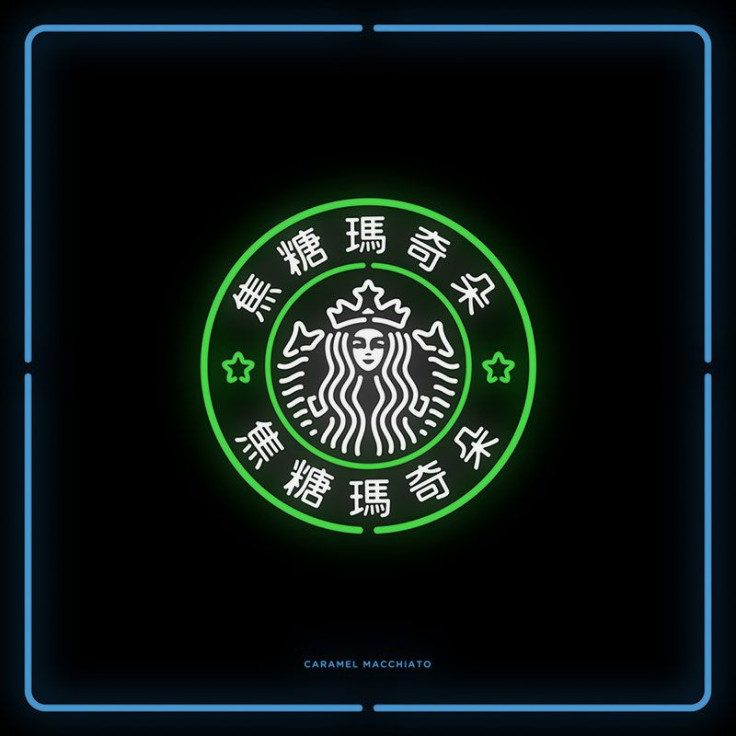
China overtook the United States to become the world's largest economy in 2014, according to the International Monetary Fund. While there's some debate about just how accurate IMF's report may be -- the World Bank has the U.S. ranked first based on gross domestic product and purchasing power parity -- China's economy can't be ignored by Western companies. As these companies try to break into a massive market with 1.35 billion people and counting, they will have to adapt to a foreign culture.
Using neon signs, Istanbul-based artist Mehmet Gözetlik explored how Western trademarks could be translated into Chinese culture. His latest work "Chinatown" -- a series of artworks showcasing 20 well-known brand logos -- reflects our branded world of the near future through Chinese letters with the classical neon sign style of China. To maintain visual continuity, the artist uses basic words for translation, such as “Caramel Macchiato” for “Starbucks.” The project "pushes viewers to ask themselves what it means to see, hear, and become fully aware," Gözetlik said in a statement on his website.
In an interview with International Business Times, Gözetlik discusses the inspiration behind "Chinatown," different ways companies have tried to enter China, and what's next.
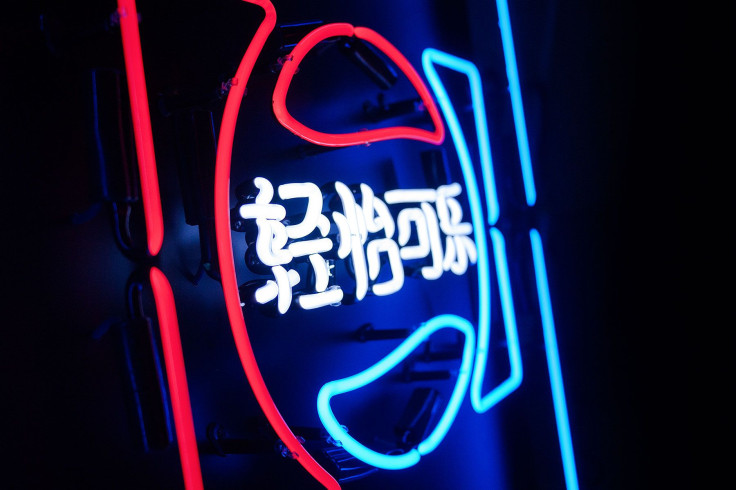
IBTimes: What drew you to these brands in particular? What was your inspiration for “Chinatown”?
Mehmet Gözetlik: When you enter a Chinese neighborhood in a Western city, you suffer the difficulties of being a stranger. A similar strangeness is felt in China, which attracts the whole world toward itself, too. The world is moving toward a new tradition, which all roads will end up in "Chinatown" by all means and I want to show the effect of language and how it can divide us, whereas it is thought to bind us all and how cultural values actually are fragile.
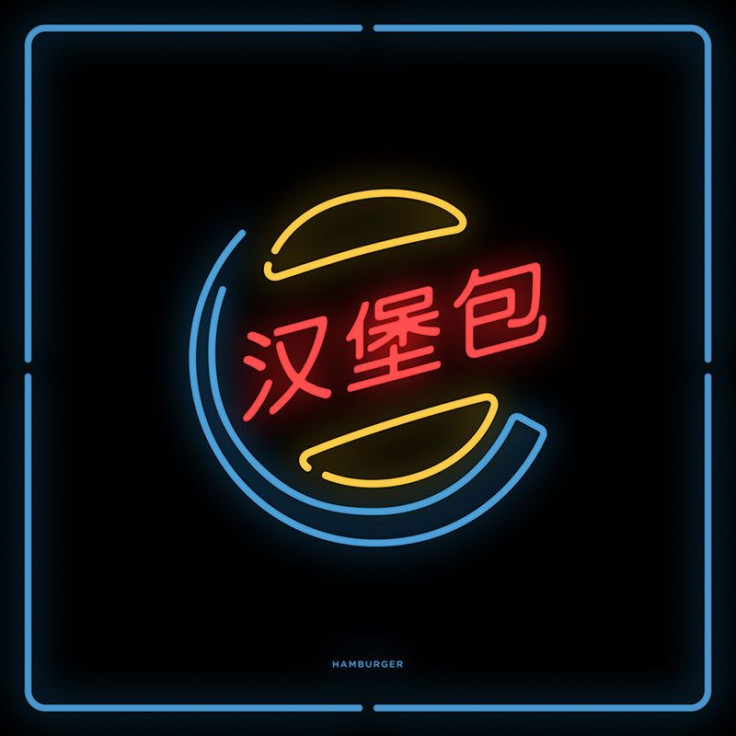
IBTimes: What have you, as an artist, seen as the biggest mistakes companies have made when they try to enter China?
Gözetlik: When foreign companies need Chinese translation, there are four types of translations for brands -- literal, phonetic, visual and cultural. Today’s companies uses just two of them, literal and phonetic. By the way, these options are not possible for all companies.
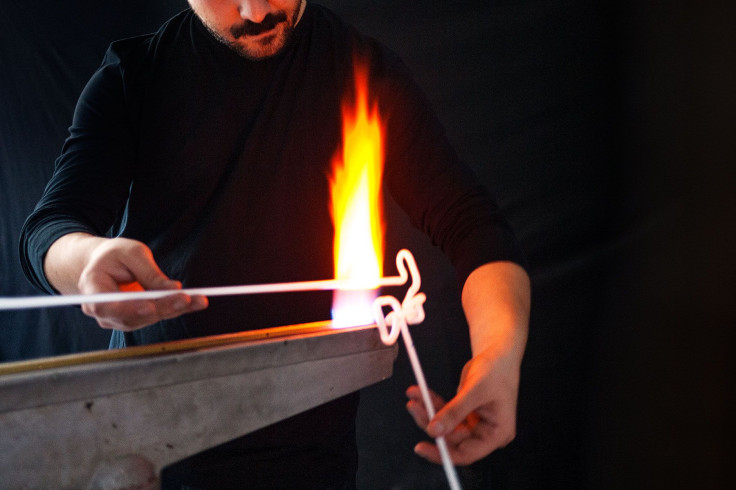
Most of today’s Western brand identities are created by Western design companies, based on Western culture. It means we have two separated worlds, because of our DNA. So, there is more misunderstanding than we thought. We don’t actually understand many things we assume that are understood. We are like a person who misses the view while reading on the train. We are not aware of where we are coming from, going to or passing by.
IBTimes: In terms of culture and translation, what are the main differences between China and other economies?
Gözetlik: Our language rises on our culture. Research shows us that our languages shape the very thoughts we wish to express. When we study language, we are uncovering in part what makes us human. As we uncover how languages and their speakers differ from one another, we discover that human natures too can differ dramatically, depending on the languages we speak, the religions we believe or the artistic or cultural legacy we create.
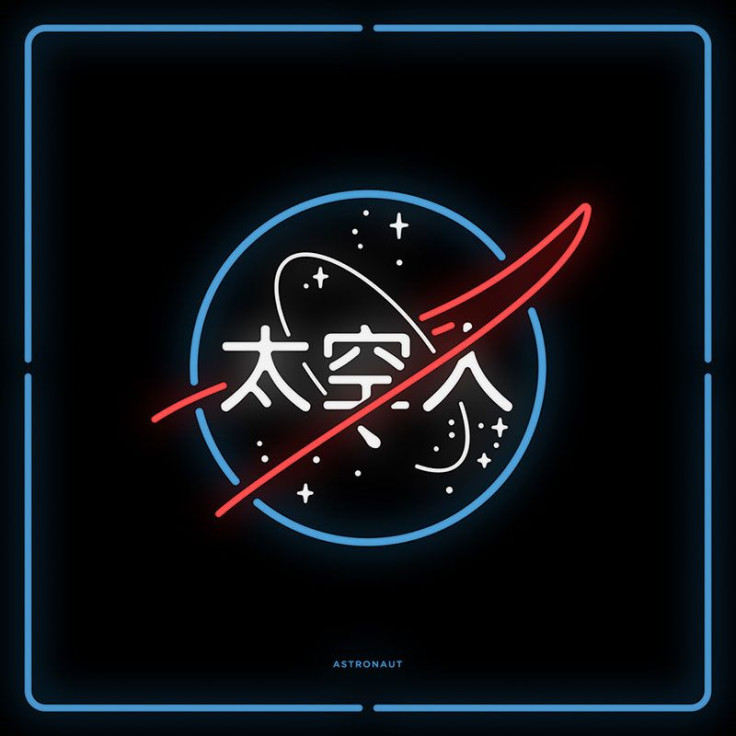
IBTimes: How will you explore the idea of consumer culture in upcoming projects?
Gözetlik: I don’t know yet but I have the strong feelings and childish curiosity. I love the simple questions like, “In a world becoming more simplified in the very near future, which side will you be more prone to?” or “What it means to see, hear, and become fully aware in Chinese.” My project is not about answers, they are just naive questions to understand our world.
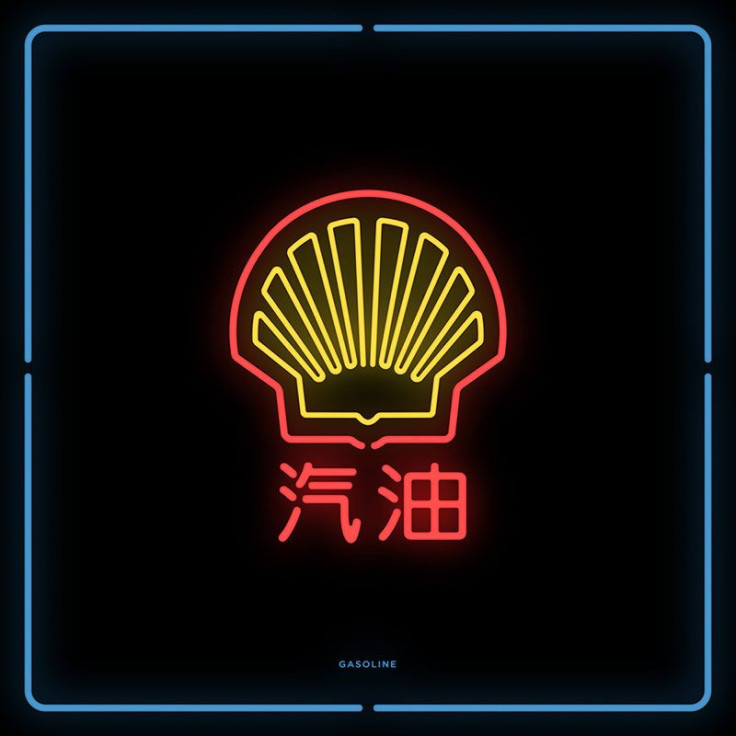
© Copyright IBTimes 2024. All rights reserved.






















